An opinion interview with Sarah Posner
What do President Donald Trump and the religious right see in each other? No journalist is better equipped to answer this question than Sarah Posner, who spent decades covering the rise of the Christian evangelical movement within the Republican Party (she even wrote an undergraduate thesis on the topic in 1986) and penned award-winning coverage of the alt-right during the 2016 presidential campaign. Watching evangelicals become improbably entranced with Trump as the campaign progressed, she had an “aha moment,” she writes in her new book, Unholy: Why White Evangelicals Worship at the Altar of Donald Trump. Trump’s divergence from the pattern of previous favored candidates, his appeals to racism and nativism, all faded before the anointing of “the strongman the Christian right had long been waiting for.”
Trump doesn’t sound like a traditional president, but when you think of him as a televangelist, it starts to make more sense.
Many consider the alliance a cold-blooded marriage of convenience. But the “purely transactional explanation for the Trump-evangelical merger,” Posner writes, fails to account for “the deeper bond between Trump and his devoted flock. Although Trump is illiterate in evangelicals’ lexicon and spent his adult life flagrantly contravening their sexual mores, his evangelical supporters are nonetheless starstruck.”
To understand why, Posner argues, you have to delve further—into the religious right’s resentment of, and recoil from, what conventional wisdom deems a half-century of progress toward greater inclusion and expanded rights, and into the long-standing grievances to which Trump gives voice so fluently.
What is it about Trump that entrances the Christian right?
For one thing, they’re entranced by power. But also, to charismatic and Pentecostal Christians who watch a lot of televangelists, Trump acts in a very familiar way. Televangelists get up on the stage and tell a long, meandering story about themselves, with faith healing and miracles and seemingly random anecdotes. It’s a central idea in that culture that you can speak something into existence—it’s true because they say it is. Trump doesn’t sound like a traditional president, but when you think of him as a televangelist, it starts to make more sense. He talks about himself, and about some great thing he did, and he rambles on and on, and that’s a very familiar style to a lot of people. They don’t find it strange the way the media does.
What surprised you most in 2016?
I was surprised not only that white evangelicals were embracing Trump, but that they were doing so at the same time as the alt-right. In some ways, it makes sense; a lot of the mobilization of the Christian right was originally driven by racial grievance. But on the other hand, they’d been sensitized to that as an image problem after 2012 and were openly trying to make their movement less white. So it was surprising that they’d turn away from that. When I interviewed Steve Bannon in 2016 at the Republican National Convention, before he became Trump’s campaign manager, Bannon told me, “Look, the alt-right and the Christian right need each other. We can’t win an election without both.” At the outset, many evangelicals liked Ted Cruz or Scott Walker. But they came together with Breitbart and Bannon and Stephen Miller and were willing to look past what they were doing. They might not have planned it, but they’re OK with it.
What role does anti-Semitism play?
That’s one of the most mystifying things about this. The Christian right loves to talk about its love for Israel and the Jewish people.
And the alt-right is overtly anti-Semitic, and some of them are outright Nazis. At one point in 2016, I’d been at AIPAC and at a Nazi rally, and at both places there were people supporting Trump. I think the Christian right is just willing to pretend this element is not part of Trump’s coalition. Each side has policies it wants enacted, and each side is getting some of what it wants. The Christian right is clearly more powerful, with a well-funded infrastructure, and the alt-right is a lot more ragtag. So the philo-Zionism of the Christian right is the predominant view in Trump’s orbit. But we’ve all seen the rise of anti-Semitism, not only around the world but also in the United States. Trump doesn’t have the language or the willingness to forthrightly condemn it, and it demonstrates the limits of the Christian right’s supposed love of Jews and Israel.
Could the alt-right become more uncontrollable because of the pandemic?
It could. You have these gun-toting protesters who are a small number relative to the population but who can cause a lot of harm and damage. So you have militias storming state capitols, and the Christian right suing governors over the stay-at-home orders, and it all mingles together in the idea that the stay-at-home orders violate our freedom. That’s how Trump has held this coalition together all along, with the idea that political correctness or liberalism has kept us down.
Moment Magazine participates in the Amazon Associates program and earns money from qualifying purchases.

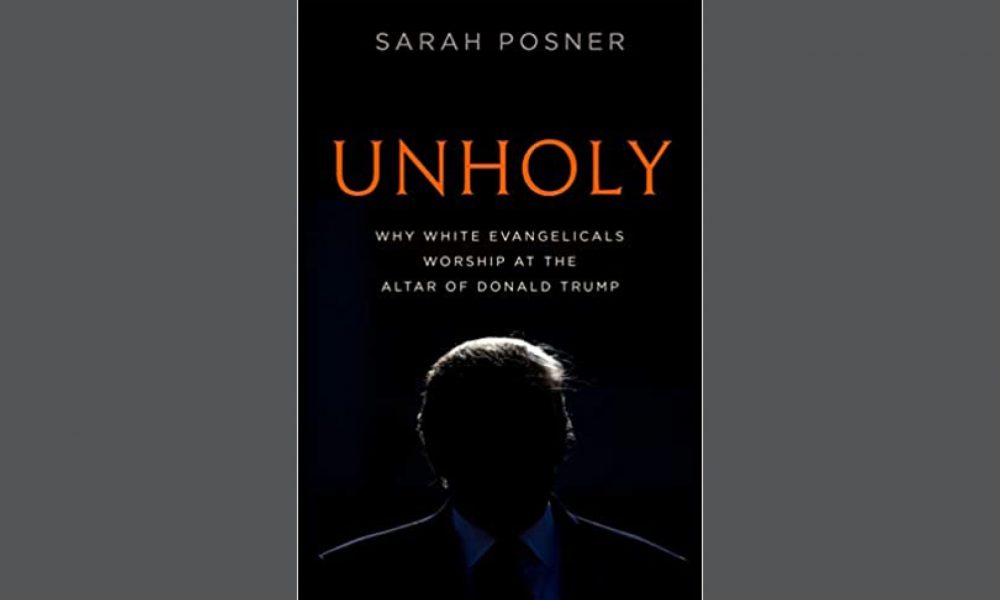

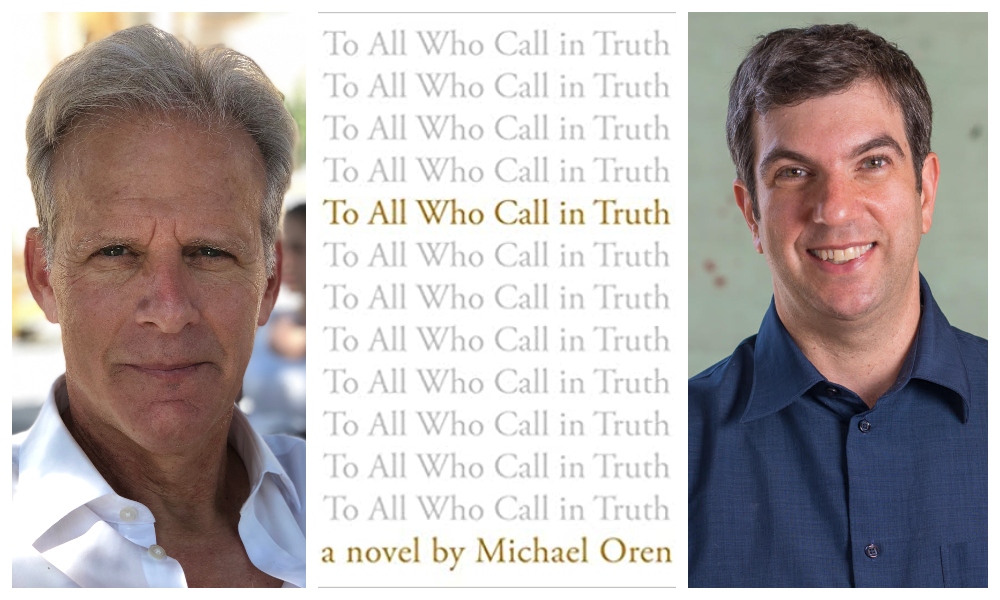


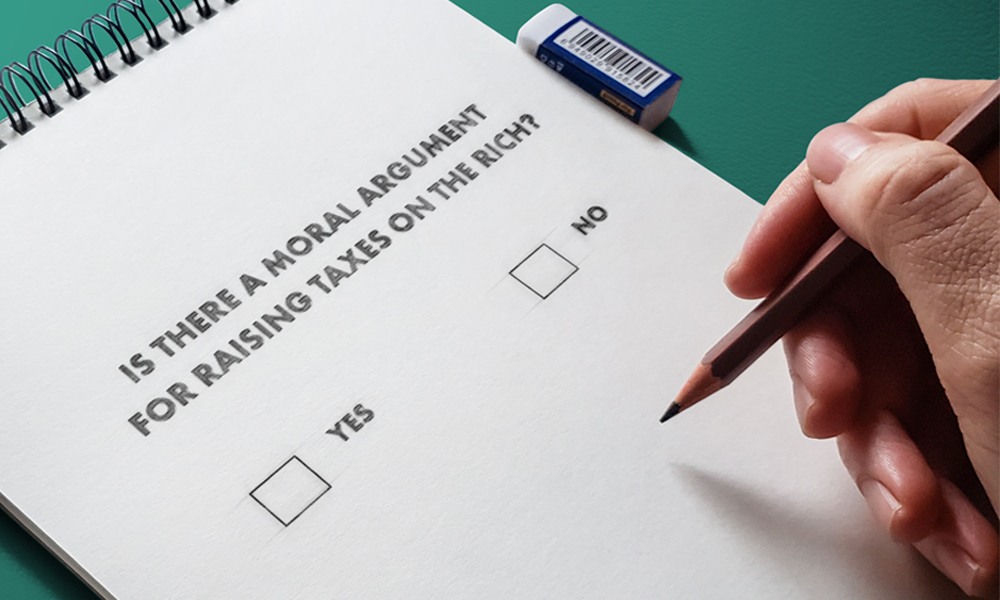
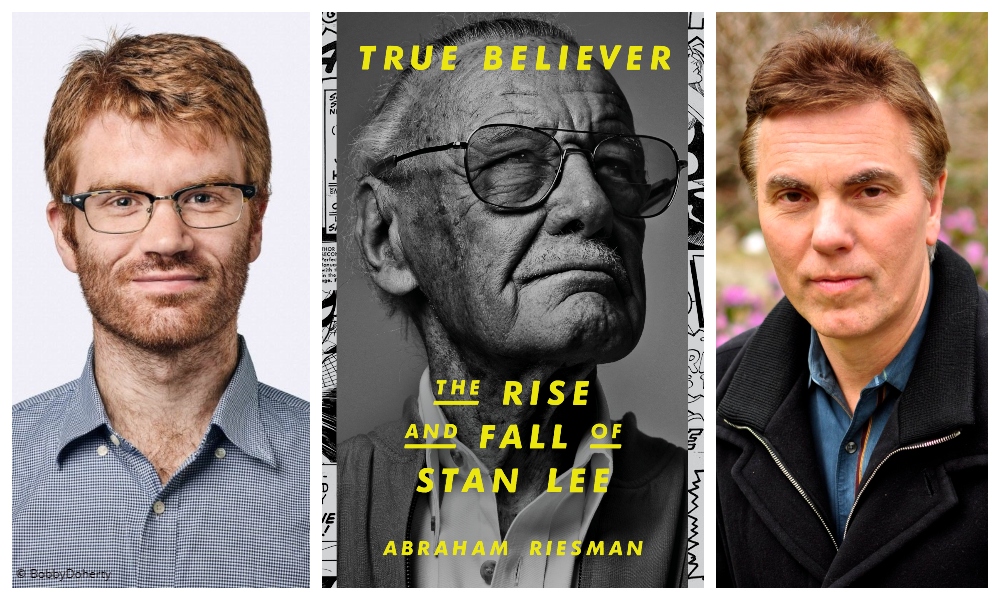




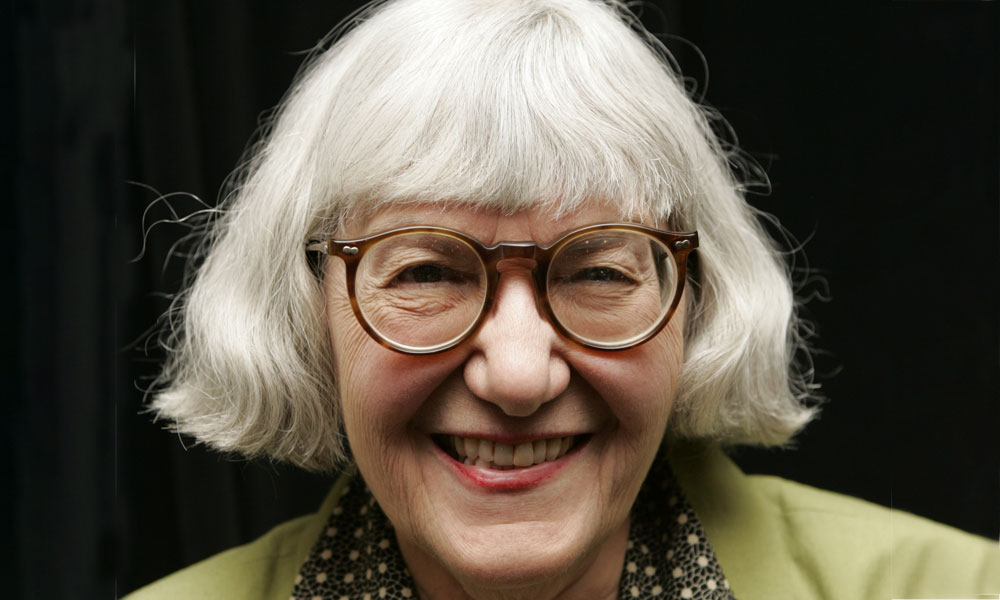

This article reflects a bias and a whole lot of confusion added in for good measure. Forget political right and left for a moment…forget alt-right extremism and far-left socialism bordering on communism. As I learned as an art major in college, the extreme right is Nazism (or similar) and the extreme left is Communism. Both are godless and the result of blown up egocentric larger- than- life leaders…the blind leading the blind. Where is God in all this? He is sovereign over the whole earth and its politics, economics and cultural manifestations. He “allows us to go our own way, called self-will, up to a point. Then, as in the example of Canaan, spiraling deeper into irreversible patterns of blatant sin, though the Lord gave them 400+ years to repent, He sent His chosen people to invade, take over, and subdue the land for themselves. They were to destroy the idolatrous natives. Seemingly ironically, He did the same thing to those very same chosen people by sending His “servant Nebuchadnezzar” to destroy and take captive the very ones He had chosen. Why? Because they had fallen into spiraling deeper patterns of blatant sin. You can look to all the logical answers you want. You cannot touch the deeper purposes of God with them. He decides the fate of people and nations and He listens to the cries of the oppressed and downtrodden of societies and He decides what is right and wrong in His eyes…not in the eyes of intellectually curious and erudite people. Despite all you have observed and conceived in your own mind, the will of God prevails. Simply put, Trump was God’s choice, and if God so desires, he will be re-elected. Is he perfect? Of course not…he’s human, but he has chosen a righteous path for our nation to follow. He is fair minded and just. God knows his heart. He also knows each of ours. His will prevails and everything that took place was His doing to bring about that end. Donald Trump has taken up God’s agenda for the most part, as the Persian King Cyrus did when he made the decision to send the Jews back to rebuild and restore their land for themselves. King Cyrus was call the Lord’s “anointed.” Look it up. Was he a perfect, God honoring soul? He was the leader of a pagan nation. God’s ways are not ours. He wants to restore our nation…the U.S.A. to be a God-honoring nation. He is using Trump to do that. Many have recognized this, others have scratched their heads and come up with all kinds theories. Check your mirror.
Sarah Posner might be utterly dumbfounded if and when she took the time to meet and learn with Black Evangelicals. I have encountered many at the annual CUFI Summits in Washington, D.C. (it’s very near to you Sarah). CUFI btw is Christians United For Israel. Blacks who I have met at CUFI Summits are devout adherents to a two covenant theology – that the Christian church is an offshoot from the roots of Israel. They are devout in following their Christian beliefs. They reject so called “progressivism” in politics as well as theology . . . to the point where one of my associates among Black Evangelicals several years ago, in discussion the previous Administration called our first Black POTUS evil.
Respectfully, I differ with Steve concerning CUFI. Although not associated with this organization, I’m very familiar with it. More importantly, I’m familiar with the two covenant theology. It is clearly not that the Christian Church is an offshoot from the roots of Israel…that is usually referred to as “Jewish Roots”; there is even a TV program of that name. It is a theology that states emphatically that the Jews are under the Mosaic Covenant and the Christians are under the New Covenant. The problem with this, among others, is that the “New Covenant” was promised to ” the house of Israel and with the house of Judah”, not the Gentiles. This org. was started by Pastor John Hagee, and there are many Christians who disagree with this theory. I’m sorry that I’m not familiar with POTUS. I can’t imagine why it was called evil.
Another overlooked dynamic in the rise of Trump among the religious right is the strategic courtship of high profile religious leaders whose decades long rooting into the hearts of evangelicals provided an ironclad endorsement. Trump now enjoys infallibility as a result of successfully wiggling into the holy chain of leadership.